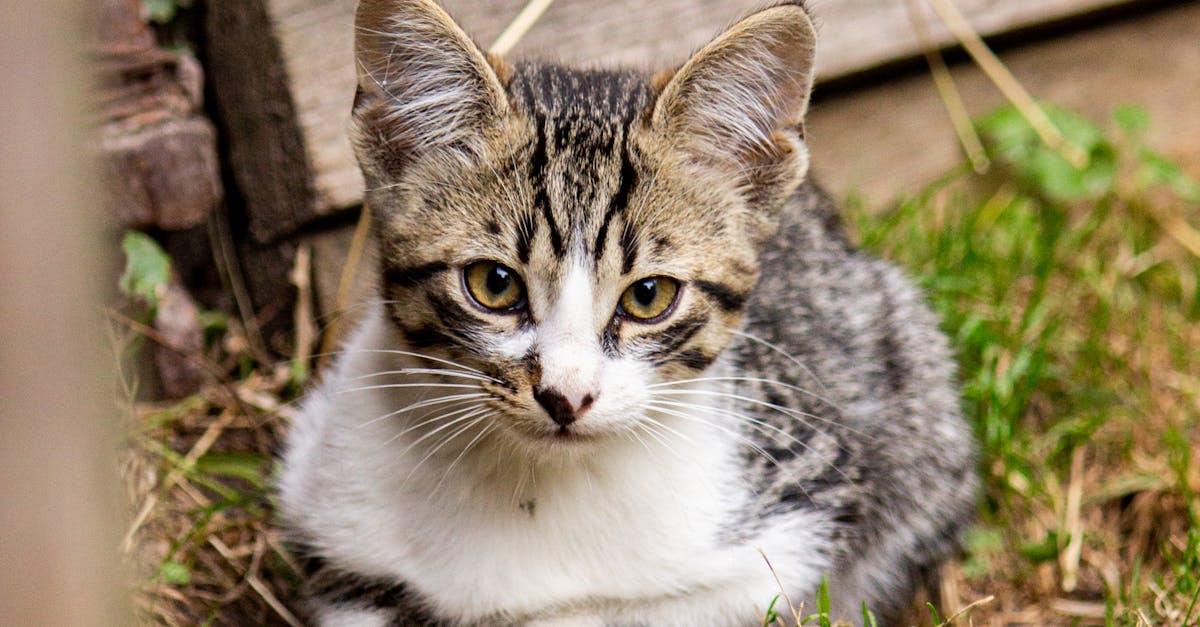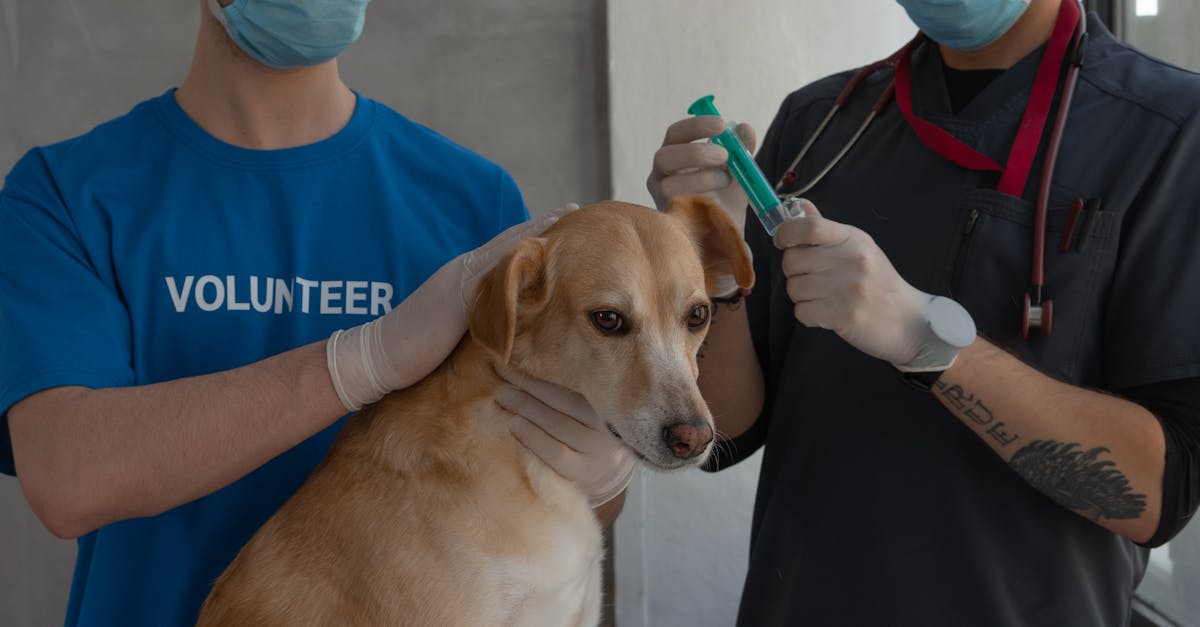The Allure of Domesticated Foxes
Ever wonder why the idea of having a fox as a pet has captured the imaginations of many? Domesticated foxes are fascinating creatures that blend the charm of a dog with the mystique of a wild animal. From my point of view, the unique combination of their playful demeanor and striking appearance makes them irresistible to animal lovers. But, to put it simply, caring for a domesticated fox is no small feat. This guide aims to provide comprehensive insights into what it takes to keep a fox happy, healthy, and well-adjusted in a domestic setting.
Understanding Fox Behavior
The Wild Instincts
Interestingly enough, even domesticated foxes retain many of their wild instincts. They are naturally curious, intelligent, and have a strong prey drive. It’s common knowledge that foxes are nocturnal animals, so expect them to be more active during the night. This might sound strange, but their behavior can be quite similar to that of a cat—independent yet affectionate on their own terms.
Socialization and Training
I’ve often thought about the importance of early socialization for foxes. The more they are exposed to different environments, people, and other animals, the better adjusted they will be. Personally, I’ve found that positive reinforcement is the most effective training method. Treats and praise go a long way in teaching them basic commands and house manners.
Creating the Perfect Environment
Indoor vs. Outdoor Living
To put it simply, foxes need a lot of space. They are not suited for small apartments or confined spaces. If you’ve ever considered keeping a fox indoors, you’ll need to fox-proof your home. This involves securing any potential escape routes and removing hazardous objects. On that note, an outdoor enclosure is ideal. It should be spacious, secure, and enriched with toys and activities to keep your fox mentally stimulated.
Diet and Nutrition
Feeding a domesticated fox requires careful planning. They are omnivores, so their diet should include a mix of proteins, vegetables, and fruits. High-quality dog food can be a good base, supplemented with raw meats and occasional treats like berries and eggs. I’ve noticed that a balanced diet is crucial for their overall health and well-being.
Health and Veterinary Care
Foxes are prone to certain health issues, including dental problems and parasites. Regular veterinary check-ups are essential. Finding a vet experienced with exotic animals is a must. Vaccinations, deworming, and flea control should be part of their routine care.
The Emotional Aspect
Bonding with Your Fox
I’ve come to realize that bonding with a fox takes time and patience. They are not as immediately affectionate as dogs but can form deep bonds with their owners. Here’s a quick story: A friend of mine adopted a fox and spent months building trust through gentle interactions and consistent care. Now, they share a unique bond that’s both rewarding and heartwarming.
Understanding Their Communication
Foxes communicate through a variety of vocalizations, body language, and scents. I’ve often wondered about the different sounds they make—ranging from barks and screams to purrs. Understanding these signals can help you better respond to their needs and emotions.
Legal and Ethical Considerations
The Legal Landscape
Before you even think about getting a fox, it’s crucial to check the local laws and regulations. In many places, owning a fox is illegal or requires special permits. It’s common knowledge that violating these laws can result in hefty fines or confiscation of your pet.
Ethical Implications
From my point of view, the ethical considerations are just as important as the legal ones. Foxes are not domesticated in the same way dogs and cats are. They have specific needs that can be challenging to meet in a typical household setting. It goes to show that responsible ownership involves a deep commitment to understanding and fulfilling these needs.
The Financial Commitment
Initial Costs
The initial cost of acquiring a domesticated fox can be quite high. This includes the purchase price, which can range from several hundred to a few thousand dollars, and the cost of setting up a suitable living environment. If I had to guess, the total initial investment could easily exceed $3,000.
Ongoing Expenses
The ongoing costs include food, veterinary care, and enrichment activities. I’ve been there, and I can’t forget the monthly expenses that add up quickly. Budgeting for these costs is crucial to ensure you can provide a stable and healthy environment for your fox.
Real-Life Stories and Experiences
Here’s a Story
Here’s a story about a couple who adopted a fox named Luna. They had done extensive research and were prepared for the challenges. Something surprising happened—they discovered that Luna had a knack for opening doors and cabinets. This led them to fox-proof their home even more thoroughly. Now, Luna enjoys a balanced life with plenty of outdoor time and mental stimulation.
Lessons Learned
In my own life, I’ve noticed that the more informed and prepared you are, the smoother the experience will be. Owning a fox is not for everyone, but for those who are dedicated and well-prepared, it can be incredibly rewarding.
Final Thoughts
Now that you know what it takes to care for a domesticated fox, the decision is yours. This might sound strange, but the journey of owning a fox can be as unpredictable as it is fulfilling. Personally, I’ve found that the key to success lies in preparation, patience, and a deep commitment to understanding these unique animals.
If you’ve ever dreamed of having a fox as a pet, consider all the aspects discussed in this guide. The reality is, with the right approach, you can create a loving and enriching environment for your fox. So, if you’re ready to embark on this unique adventure, let me tell you, it’s a journey unlike any other.
Feel free to share your thoughts and experiences in the comments below. Whether you’re a seasoned fox owner or just curious about the idea, your insights can help others make informed decisions. 🦊













